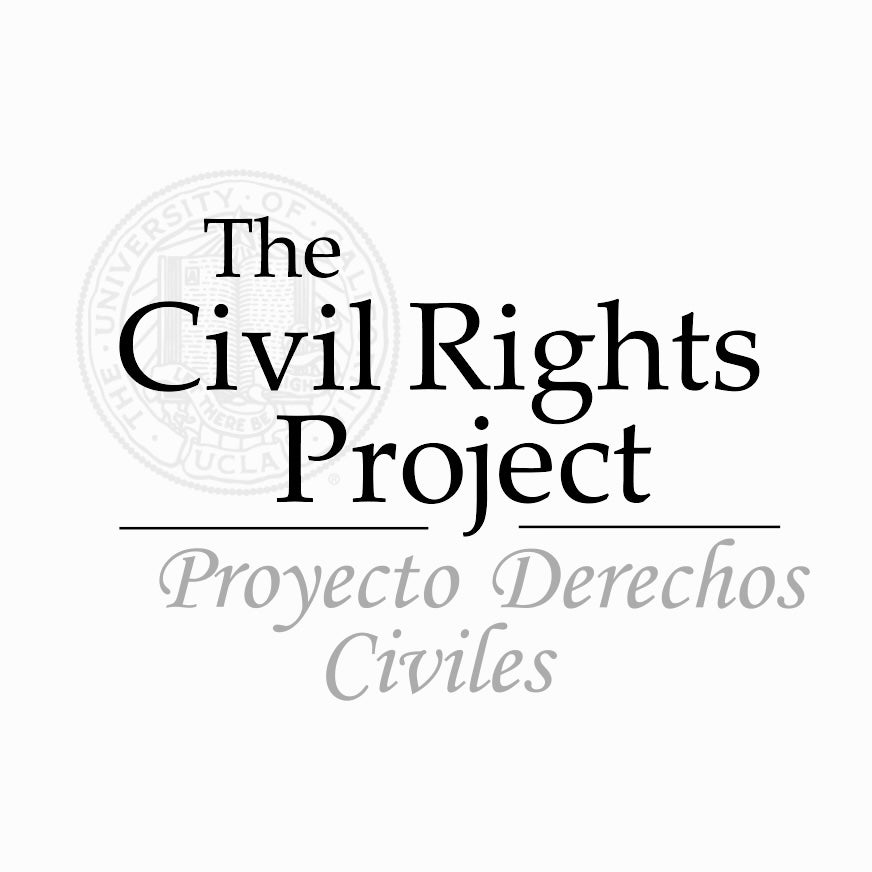Los Angeles—The Civil Rights Project today published important new data on the way in which California’s ban on affirmative action harms the University of California in comparison to the University of Texas, which still has affirmative action, in terms of both the climate on campus for nonwhite students and the lack of success in recruiting top-ranked applicants of color.
The Salience of Racial Isolation: African Americans’ and Latinos’ Perception of Climate and Enrollment Choices with and without Proposition 209, by William C. Kidder, has two parts. The first is based on 2008-11 data from a large survey of 9,750 African American and Latino undergraduates on UC and other campuses. A second part of the study focuses on the enrollment choices of freshmen admitted to the University of California. The study compares eight UC campuses, the University of Texas at Austin, and two other leading universities.
At institutions with an affirmative action ban the report shows that fewer African Americans and Latinos feel that students of their race or ethnicity are respected on campus, particularly when compared to campuses with affirmative action.
At the University of California, for instance, only 62% of African Americans feel that students of their race are respected on campus, a significantly lower figure than African Americans at UT Austin (72%) and at two other private peer universities (75% and 76%). Similarly, 77% of Latinos at UC feel that students of their ethnicity are respected on campus, compared to Latinos at UT Austin (90%) and Latinos at two other peer universities (80% and 90%).
“The data calls into question recent claims by economists who assert erroneously, and without the benefit of [comparative] data on selective private universities, that Prop 209 reduces stigma at UC,“ said Kidder, who is a researcher and assistant vice chancellor at UC Riverside. “On the contrary, underrepresented minority students actually feel less respected at the University of California than at peer research universities.”
“The study shows that under the right conditions and with robust levels of racial and ethnic diversity, African Americans and Latinos feel just as respected on campuses as other students,” asserted the author.
The second part of the study analyzes what students do when choosing between UC and competitor institutions. For African Americans admitted to UC, data shows that after the affirmative action ban, the enrollment rate of students admitted to UC seriously declined for African Americans and Latinos, particularly among the top ranked admittees the University was eager to enroll.
Professor Gary Orfield, Civil Rights Project Co-Director commented: “Opponents of affirmative action argue that highly talented students of color would be more comfortable on campus and more eager to come to schools where the ‘stigma’ of affirmative action has been removed. The data in this study indicates that those claims are simply incorrect. Students who have choices feel more welcome and chose to enroll in campuses that positively pursue diversity.”
To read the report, click this link.
Click on this link for additional research about Fisher v. University of Texas, Austin
